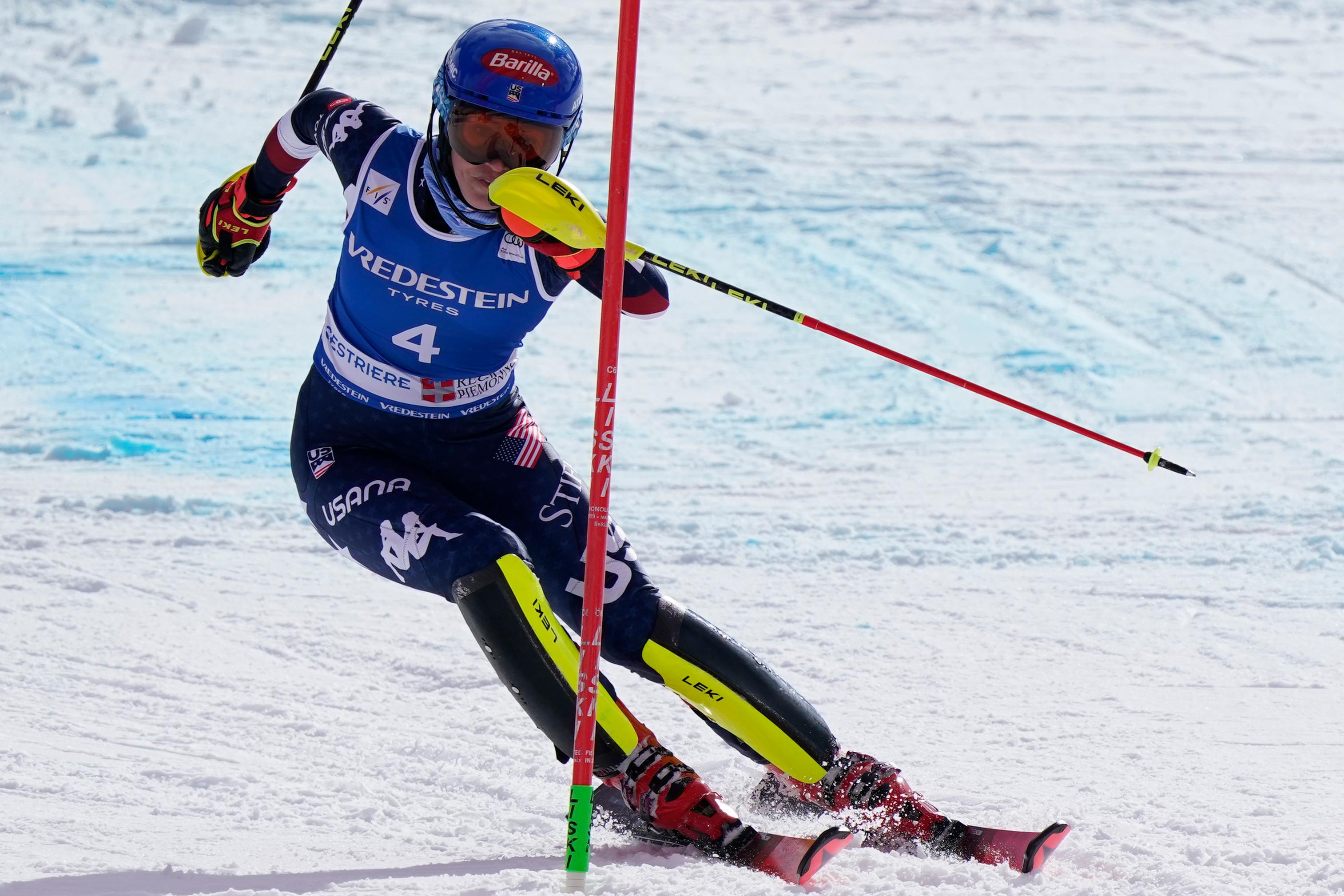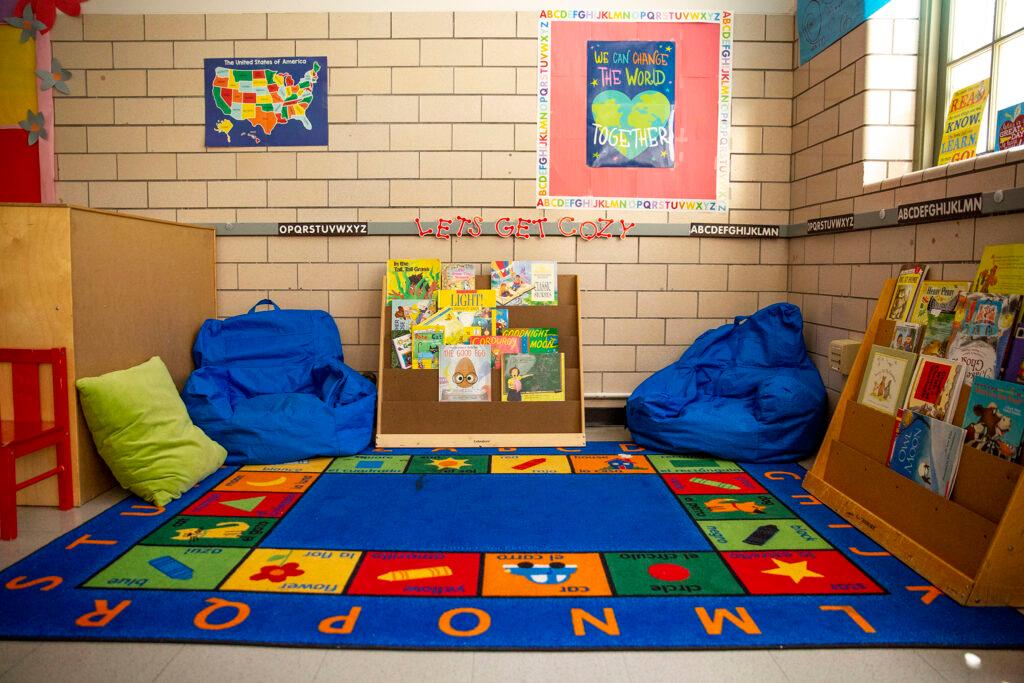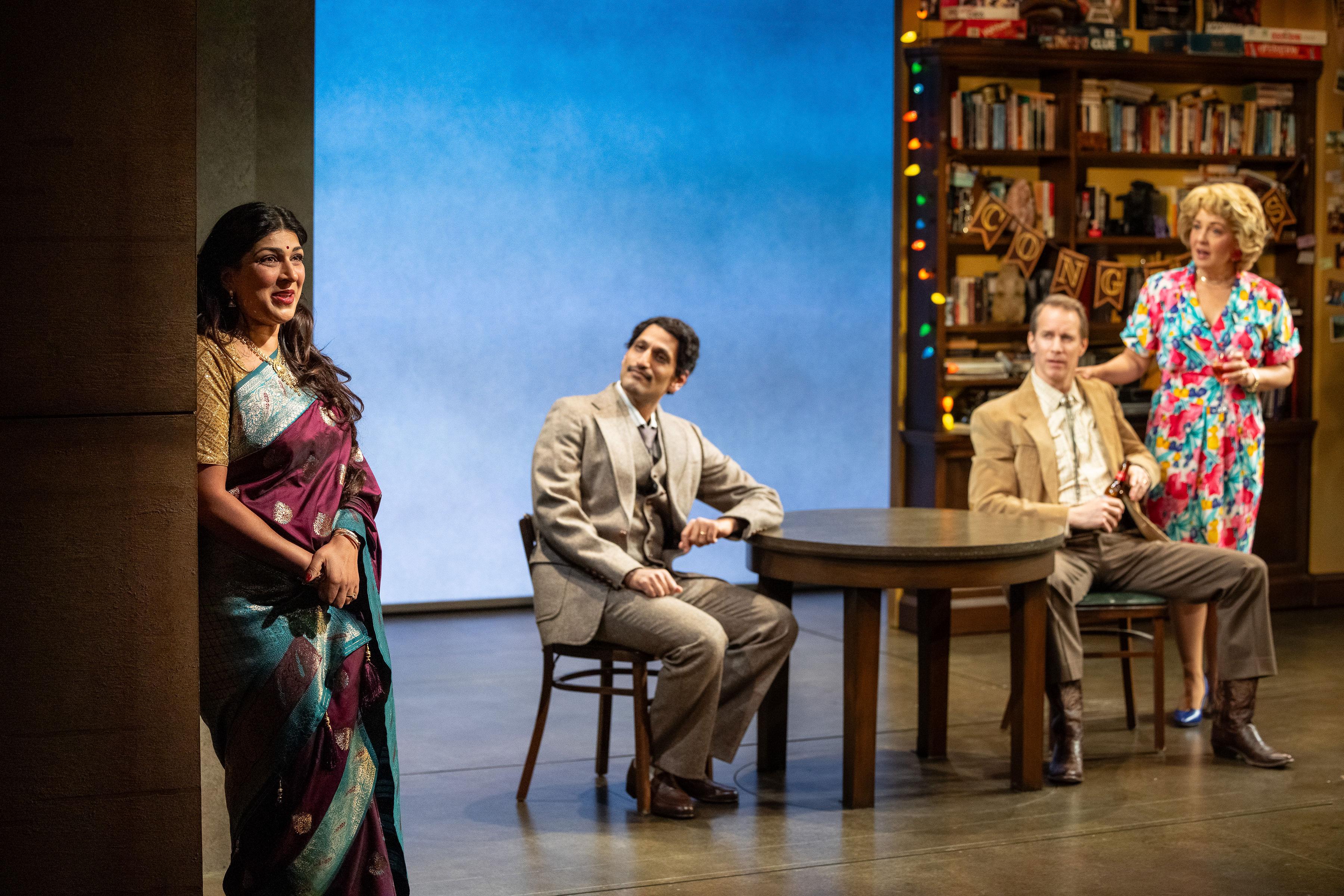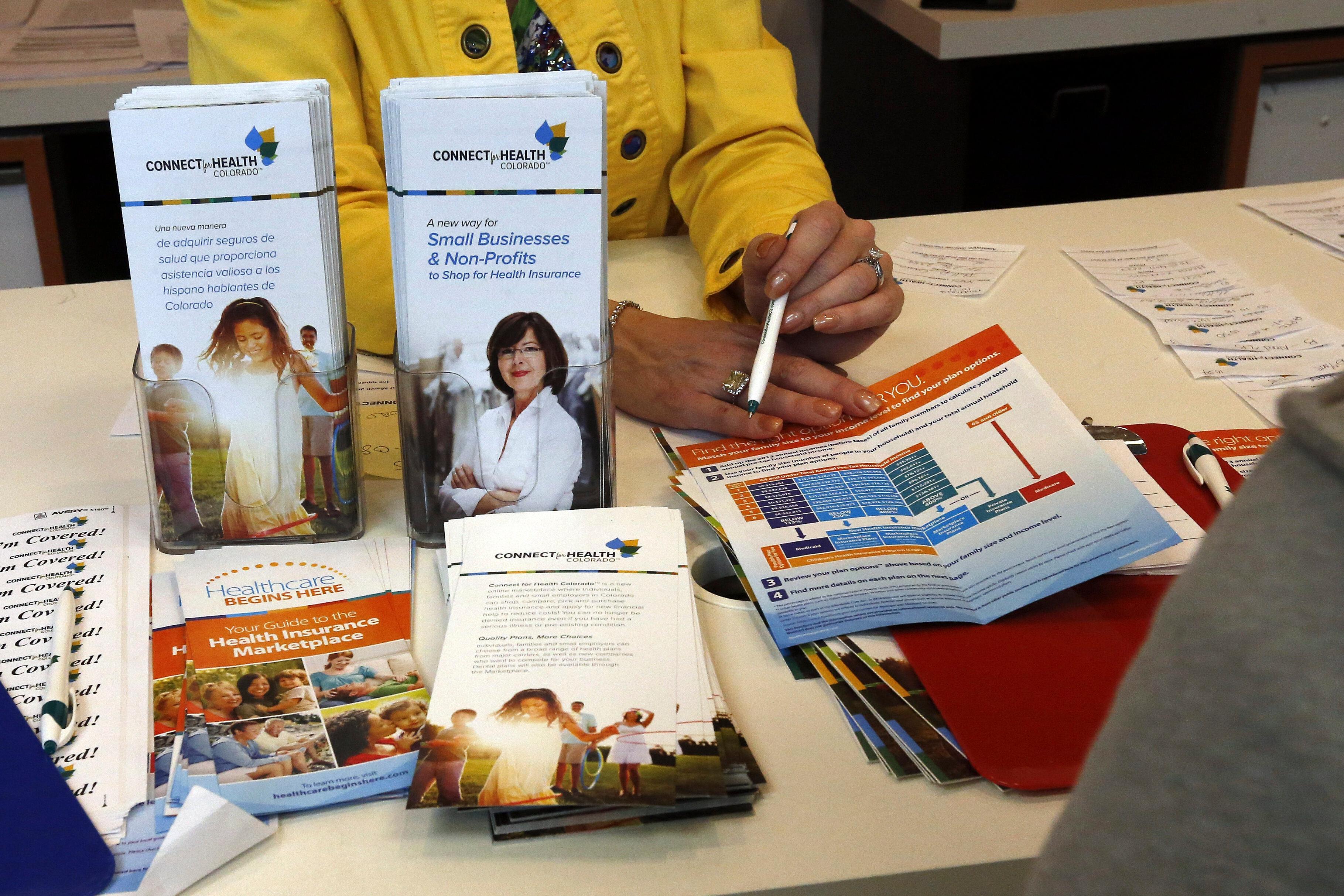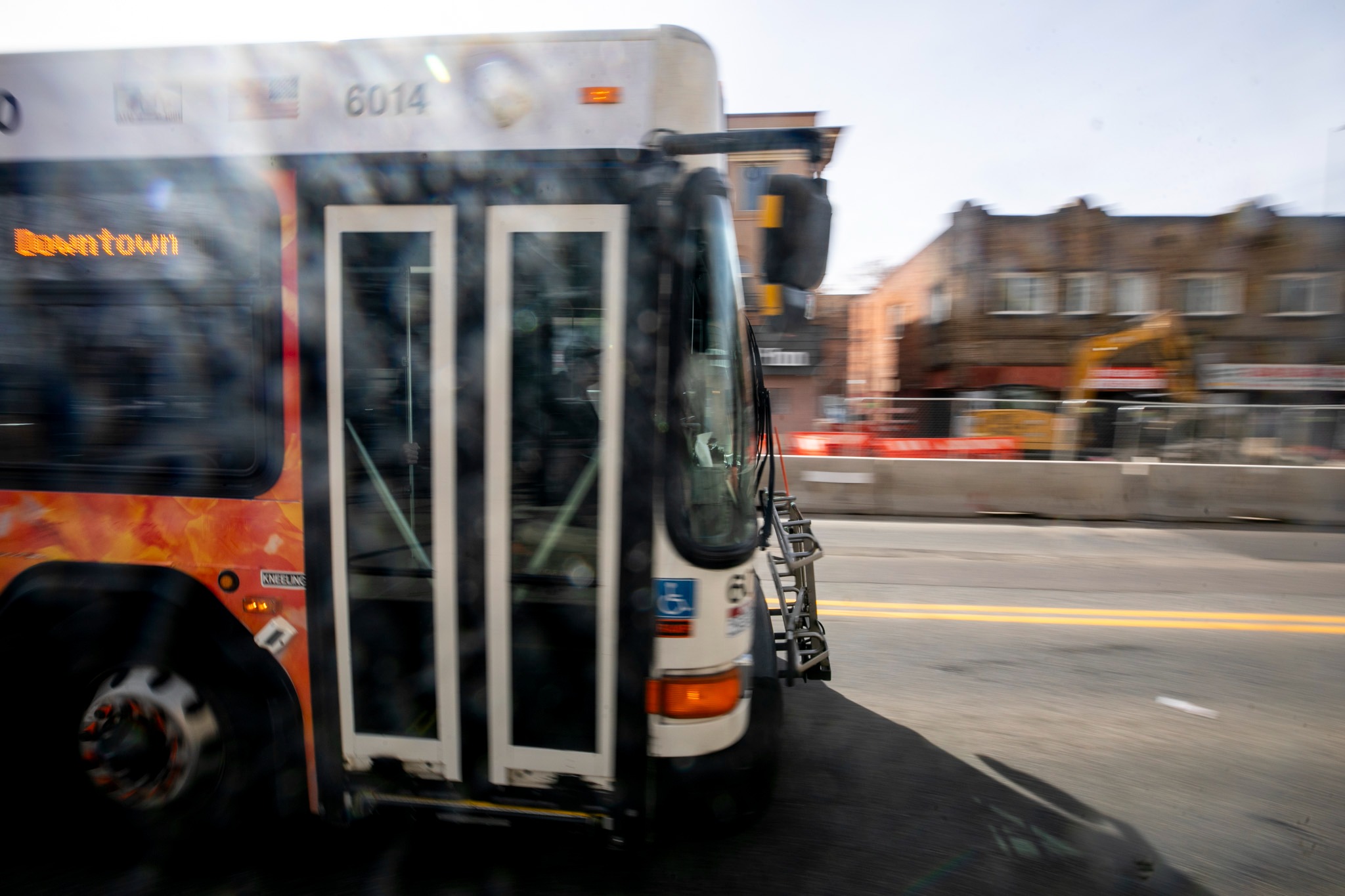
A state-run enterprise will invest $100 million in bus rapid transit projects in the Denver and North Front Range areas by 2032.
Colorado has amped up its bus rapid transit ambitions in recent years as a way to cut carbon emissions, lower transportation costs for residents, and reduce traffic congestion.
But state transportation officials are now worried the Trump administration won’t provide the federal funding for the projects that they had initially hoped for. They are also dealing with significant cuts in state transportation funding from other pots of money as legislators try to close a $1.2 billion budget gap.
Now, revenue generated by fees on Uber and Lyft rides and retail deliveries may help the state keep BRT projects rolling. A proposal to create a BRT grant program has been in the works since at least last year. But members of the board of directors of the Nonattainment Area Air Pollution Mitigation Enterprise said in a meeting last week that shifting sands at the State Capitol and in Washington, D.C., make it a particularly good idea now.
“I know there’s been questions about whether we’re going to have federal funding,” said Herman Stockinger, CDOT’s deputy director and director of policy. “This presentation just shows that we’re still fully on board delivering BRT along the Front Range. Because I think that’s probably one of the best ways to reduce greenhouse gases.”
The money, however, won’t be enough to offset the potential loss of federal funding. CDOT officials have requested nearly $150 million in federal “Small Starts” grant funding for just one BRT project — a planned $320 million line along about 18 miles of Federal Boulevard in Denver and nearby suburbs including Englewood and Westminster.
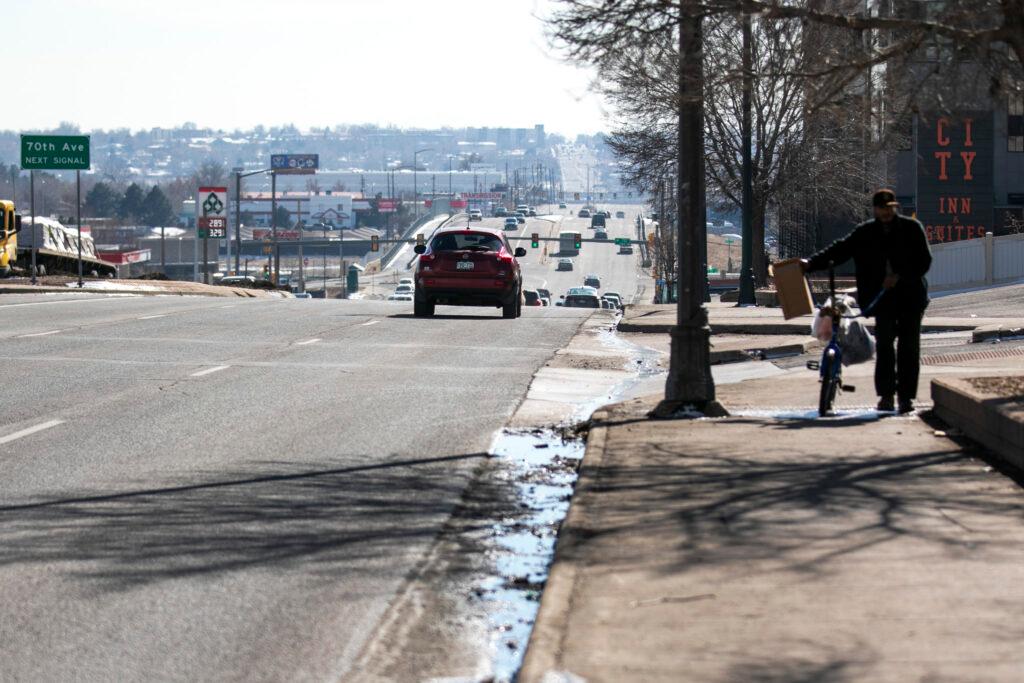
Now, under the Trump administration, CDOT officials say they are much less certain about that funding. So while they still plan to pursue the federal Small Starts grant, they are starting to explore changes to the project’s design to cut costs.
“This is one of CDOT’s highest priorities in the 10-year plan and there are no plans to stop the project,” CDOT spokeswoman Tamara Rollison wrote in an email. “Recognizing that there is significant uncertainty about whether or not a federal Small Starts grant will be realistic within the next few years, we have been developing a range of design and phasing options that would allow the project to progress.”
In Denver, the Federal Boulevard project is one of three BRT lines set to open by 2030. The East Colfax line is currently under construction and a $150 million federal grant received from the Biden administration is in the bank. Another line on Colorado Boulevard is also in the planning phase.
Planners hope these lines, and others to follow in the coming decades, will bolster intracity transit and complement Regional Transportation District train lines that mostly eschew the city’s densest corridors. Outside of Denver, BRT plans include new lines in Fort Collins and between Longmont and Boulder.
CDOT had planned to build bus-only lanes along much of the Federal Boulevard corridor. Other planned upgrades included more built-out bus stations and improvements meant to speed travel including all-door boarding, off-board fare payment and priority at stop lights.
Planners saw those new stations as being particularly important in signaling to the public that BRT was something new, better and worth trying, said Debra Baskett, a long-time transportation planner who worked on the Federal Boulevard project for the city of Westminster before she recently retired.
“I fear that a place to cut is station design and shelter areas,” she said. “I'm really not quite sure what else they can do.”
Baskett said she’d hoped the improved transit line was going to boost areas in Westminster “that needed some TLC” and support the new relatively high-density housing developments happening along the corridor.
“I feel sad,” Baskett said. “We're going to have a bunch more people living there and not have the transit infrastructure to support a choice to ride a bus instead of drive.”
It’s not yet clear what changes CDOT will make to the project, or whether they will be necessary. In an email to stakeholders, CDOT said a non-federally funded project would need to be smaller and potentially broken into smaller phases but that it and its local partners are “committed to delivering high-quality BRT.”
There could be one other complication to the state’s new plans: a lawsuit filed by conservative groups over transportation fees, including the fees that are set to fund BRT projects. A Denver judge ruled against the plaintiffs last year, but the Colorado Court of Appeals will hear the case later this month.

